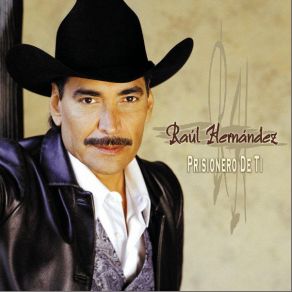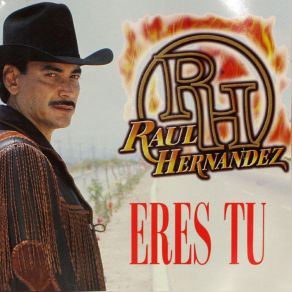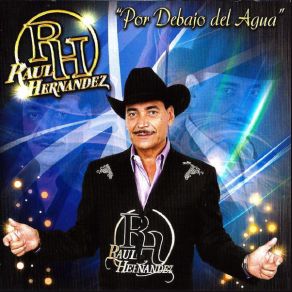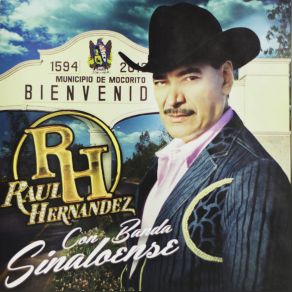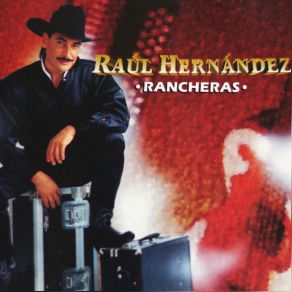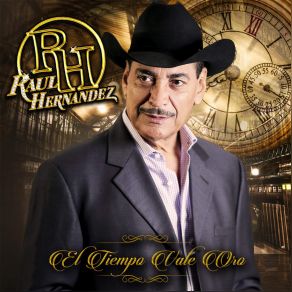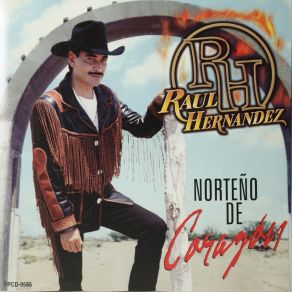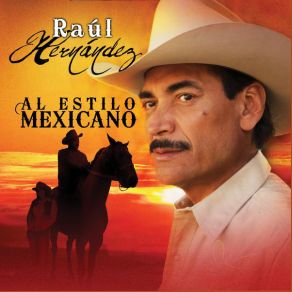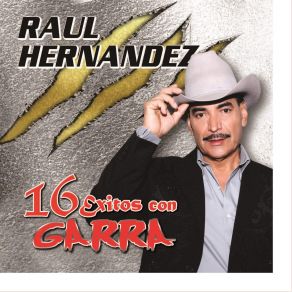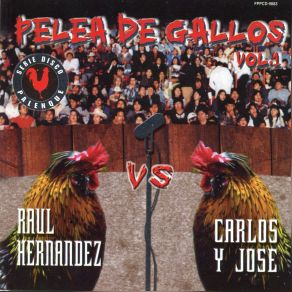Raúl Hernández / Raul Hernandez
Wikimp3 information about the music of Raúl Hernández / Raul Hernandez. On our website we have 17 albums and 1 collections of artist Raúl Hernández / Raul Hernandez. You can find useful information and download songs of this artist. We also know that Raúl Hernández / Raul Hernandez represents Latin genres.
Biography
[Edit]Not to be confused with a classical/opera singer who is also named Raúl Hernández, the Raúl Hernández profiled in this bio is a Mexican superstar who is best-known for his many years with los Tigres del Norte, one of the most exciting and legendary bands in the history of norteño music (also known as conjunto or Tex-Mex). The veteran singer (who plays bass, guitar, and accordion) does not perform norteño exclusively; on his solo projects of the ‘90s and 2000s, Hernández has also explored other Mexican styles such as banda, mariachi, and ranchera. But norteño, which fuses Mexican ranchera with the polka beat that German immigrants brought to Texas long ago, is the style that put Hernández on the map and made him famous in the regional Mexican market. Born in Mexico, Hernández became seriously involved in music in 1968, when he co-founded los Tigres del Norte with his brothers Jorge Hernández (vocals, accordion) Hernán Hernández (electric bass), and his first cousin Oscar Lara (drums). The group came about because rancher D. Eduardo Hernández, the siblings' father, had suffered an accident that left him unable to work — Lara and the Hernandez brothers formed los Tigres del Norte in the hope of earning some money and helping their family out financially. At the time, none of the Hernandez brothers were old enough to vote; Jorgé, the oldest of the three, was only 14 in 1968, and the idea that los Tigres del Norte (who subsequently moved to San Jose, CA) would still be together in the 2000s probably never occurred to them. But in fact, los Tigres were still going strong when the 21st century arrived; they turned out to be one of norteño's most enduring, long-running groups as well as one of its most important. Along the way, los Tigres earned a reputation for having very gutsy, biting, hard-hitting lyrics. Dealing with poverty, crime, drugs, and other issues, los Tigres' songs have vividly described the social conditions that working class Mexicans have faced along the U.S./Mexico border; arguably, los Tigres are a norteño equivalent of the Clash, Bob Marley, Bruce Springsteen, or Rubén Blades. Although quite humorous at times, los Tigres' lyrics still have a lot of bite, and they know how to get their points across without being preachy. Along the way, the norteño powerhouse built a huge catalog; by the end of the ‘90s, los Tigres had recorded at least 50 albums (many of them on Fonovisa).
It was in 1996 (which marked los Tigres' 28th anniversary) that Raúl Hernández decided to pursue a solo career and explore other musical possibilities. As a solo artist, he maintained his regional Mexican focus, but while los Tigres are a norteño group first and foremost, Hernández' solo output has included not only norteño, but also banda, mariachi, and ranchero. His first solo album, Rancheras y con Banda, was released by Fonovisa in 1996, and by early 2004, Hernández had provided seven solo albums for that Univision-allied label.
Title: Verdi: Romanze da camera
Artist: Raúl Hernández / Raul Hernandez, Marcello Rossi, Daniela Nuzzoli
Genre: Classical
Title: 16 Éxitos Con Garra / 16 Exitos Con Garra
Artist: Raúl Hernández / Raul Hernandez
Genre: Latin
Collections
Title: Tremendas Vol. 17
Genre: Latin

